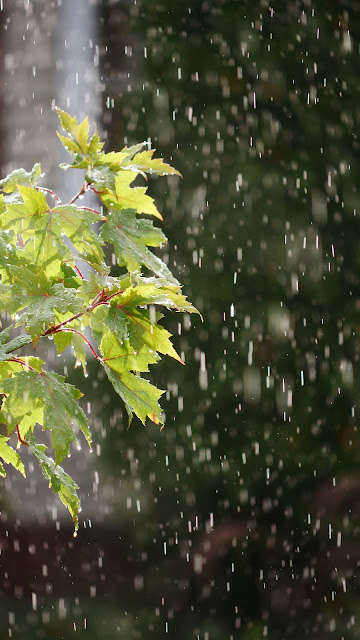Over the past few decades, the climatic debate around the world has been amplified year after year peaking just prior to the present sanitary crisis that is prolonging itself for more than two years now. Climatic changes are a fact almost universally accepted except for people or organizations that don't want to acknowledge its profound implications in socio-economic terms. Their biased or ignorant points of view will be fruitless in front of the inevitable perspectives, but they are buying time for their own interest.
As photographers, we can only record the obvious testimony of the environmental situation and its effects on our life and our planet. The human demography in constant growth have altered severely our landscape and way of life. Simply showing our pictures (and films) have alimented our conscientious ad sub-conscientious about the phenomena (climate changes) even if we are facing more at first, the disastrous aftermath effects in comparison of the possible alternatives. On that specific point of reforming us, the solutions can be either personal or collective.
Transiting from a consumer culture to a more ecologically respect attitude is not an easy task. For one, the photographers of this world are often frenetic consumers themselves and the photo gear manufacturers have become marketing master of that tendency based on their market survival in the classic definition of a producing economy. How many camera models, lenses and accessories associated to, are finishing their life span on tablets, closets, or simply waste dumps? This is an amazing warning about our anti-ecologic habits.
Climatic changes are rightly associated with human activities and especially the ones that are not particularly efficient by transforming basic resources into nonreusable residues. The planet Earth is in any ways a big waste park and a plastic dead ocean. It is correctly frightening if you are not an ignorant (the term ignorant is used here with kindness).
What has happened to the nature? Some may still have the illusion that we can "restore" the natural state of planet Earth as it was a few centuries ago but this is a big illusion like having personal garden for everyone in this humanity. It is radically impossible. Yes, we can create big or small zoologic zones in certain protected areas, but the interest stops there. Nature views as a free and infinite state of animals and things is a long gone past since the human exponential demographic growth that will conduct us a general planetary urbanization. Many vegetal and animal photographs are now taken in subtraction of their context and that may appear disturbing for the picture lookers who seems to have and maintain a preconceived view of what is the "real" habitat of them. In doing so, the culture of denying the obvious profound planet changes is "preserved" and is avoiding any observations, analysis, and debates regarding this question.
There is no "objective" way of observing, recording, and interpreting the world surrounding us. We don't want to emphasize the evidence of our general consumer destructive habits. For many, seeing this testimony of desolated and destructed areas is too much disturbing for their taste of beauty and harmony. The question is why it is so disturbing? May be because we are sharing a kind of responsibility regarding those images obvious testimonies.
It is hard to not do an instant judgment about reprehensible behavior without really knowing the contextual factors that have contributed to act "against nature". Wilderness for one has been looked as a granted gift in the past (even recent one) but it is now perceived as a lost cause for humanity. The climatic change warning is a beckon on what we must base the start of a more global discussion concerning our human future and heritage and photography might help to open our eyes and to document our search and our analysis of this changing situation state.
© Photos Daniel M: G85/45-200 OIS; Pen-F/45F1.8; Pen-F/14-42 II R



Aucun commentaire:
Publier un commentaire